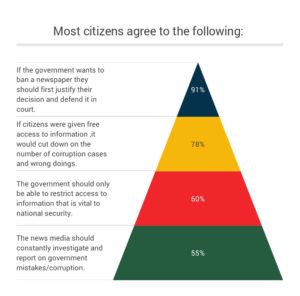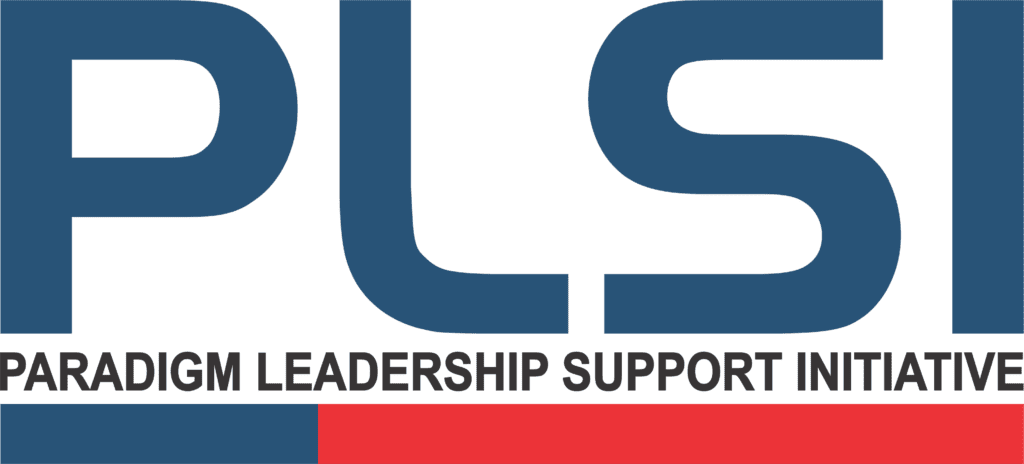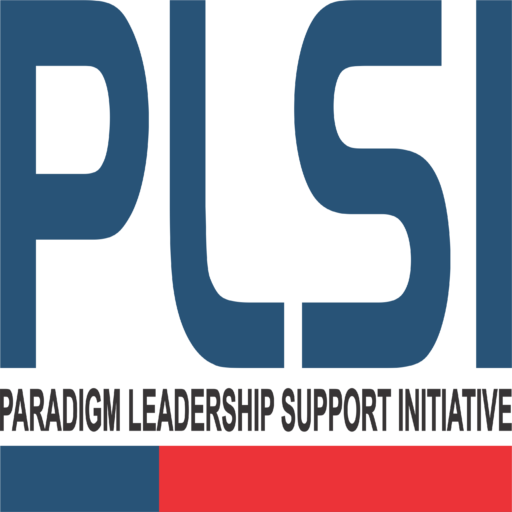Background
Transparency and accountability are said to be the most important foundational pillars of any democracy but it appears African and Nigerian democracy in particular is yet to embrace the culture of open fiscal governance in ensuring that the governed continue to play the much needed oversight role on public officials. While “Accountability is the process whereby public sector entities, and the individuals within them, are responsible for their decisions and actions, including their stewardship of public funds and all aspects of performance, and submit themselves to appropriate external scrutiny” Transparency on the other hand “relates to the openness of a public sector entity to its constituents which involves appropriate disclosure of key information to stakeholders so that they have the relevant facts about the public sector entity’s performance and operations necessary to clearly understand motives and reach correct conclusions about the impacts of its actions thus making democracy healthy as critical subjects (citizens) are awake and abreast with every activity of those elected to manage the affairs of government.

Citizens’ access to fiscal information
It is imperative for every responsible government to keep its citizens informed on how proceeds are generated through revenue generating agencies, appropriated and spent through the budgeting process as well as how effectively and efficiently those monies generated and spent may have been utilized and whether values were truly delivered for such appropriations and expenditures.
Democratic governance provides for the roles of each arm of government and independent institutions in the fiscal processes highlighted above and Civil Society Organizations in Nigeria have done creditably well in improving the level of transparency and accountability of public officials despite the resistive tendencies of many of these officers. It is however crucial to state that despite several strides in ensuring open governance in different arm and tier of government, one “brick wall” remain unbroken. This wall is the audit wall which has continued to hinder the development of many sectors of the economy. It is also the reason for the high level of poverty ravaging several communities in Nigeria.

Public Sector Governance and Auditing
Public sector governance relates to the means by which goals are established and accomplished. It also includes activities that ensure a public sector entity’s credibility, establish equitable provision of services, and assure appropriate behavior of government officials — reducing the risk of public corruption.
Auditing is a cornerstone of good public sector governance. By providing unbiased, objective assessments of whether public resources are managed responsibly and effectively to achieve intended results, auditors help public sector organizations achieve accountability and integrity, improve operations, and instill confidence among citizens and stakeholders. The public sector auditor’s role supports the governance responsibilities of oversight, insight, and foresight. Oversight addresses whether public sector entities are doing what they are supposed to do and serves to detect and deter public corruption. Insight assists decision-makers by providing an independent assessment of public sector programs, policies, operations, and results. Foresight identifies trends and emerging challenges. Auditors use tools such as financial audits, performance audits, investigations, and advisory services to fulfill each of these roles.
Effective Audit & Citizens’ Engagement
An effective public sector audit activity strengthens governance by materially increasing citizens’ ability to hold their public sector entity accountable. Auditors perform an especially important function in those aspects of governance that are crucial for promoting credibility, equity, and appropriate behavior of public sector officials, while reducing the risk of public corruption. Therefore, it is crucial that audit activities are configured appropriately and have a broad mandate to achieve these objectives. The audit activity must be empowered to act with integrity and produce reliable services, although the specific means by which auditors achieve these goals vary. At a minimum, public sector audit activities need to be: independent, constitutionally empowered, allowed unrestricted access, provided sufficient funding, carried out by professional, objective and competent personnel.

Nigeria’s Audit Wall
Nigeria’s audit system and structure haven’t attracted much oversight attention from citizens and Civil Society activists before now even though many have been involved in budget transparency and accountability of public officials. The need to ensure value for money spent by government especially for developmental projects which is capable of improving the lives of millions of Nigerians recently took an organization called Paradigm Leadership Support Initiative (PLSI) to begin search for previous audit reports in order to ascertain the efficiency, effectiveness and economy of previous spending by MDAs and to determine whether values were truly delivered for money spent on capital projects in previous budgetary allocations. This very important task has indeed met the very much anticipated resistance from public officials in Nigeria saddled with our nation’s audit responsibility. They hide under constitutional umbrellas to conceal audit reports away from citizens’ access when the same reports is acknowledged to have indicted many public officials as well as numerous private contractors who have been working together for many years to deny millions of Nigerians the dignity of life they deserve and deliverables that will ensure a progressive and functional system across many sectors and communities in the country.
PLSI being a committed Civil Society Organization has since taken up the responsibility of ensuring that audit reports of the Federal Government of Nigeria is now publicly accessible for robust citizens’ engagement with public officials in holding them accountable for decisions and actions while in office. With the gigantic level of indictment contained in the only publicly accessible 2007 audit report, it will not be far from the truth to assume that the Office of the Auditor-General for the Federation had been working in collaboration with Ministries, Departments and Agencies of government to cover up fraudulent transactions, misappropriations and mismanagement of public funds by ensuring that audit reports are not published for citizens access. This assumption was further validated by Nigeria’s Finance Minister who indicated recently that fresh audit report revealed there were lots of non-remittances and under-remittances of operating surpluses from as many as 33 agencies of government. Mrs kemi Adeosun was specifically quoted as saying “The audit also showed that there was under-reporting of revenues, failure to submit audited financial statements, payroll fraud and exaggeration of payroll costs, over-payment of staff salaries and abuse of personnel grants.”
PLSI is currently working with several stakeholders including the National Assembly to break this long standing wall on the path of good governance and sustainable development. The organization is thoroughly working to ensure that audit reports are henceforth prepared and published in a timely manner that will adequately inform citizens on the activities of government and its officials in order to allow for informed civic participation. The organization is also working to realize financial and administrative independence for the Office of the Auditor-General for the Federation as constitutionally mandated while making sure that reviews and necessary amendments are carried out on sections 85, 86 and 87 of the 1999 Constitution of the Federal republic of Nigeria to give room for efficient, effective and transparent audit system that will put the Country once and for all on the path of leadership accountability, good governance and sustainable development.
Excerpts from: Supplemental Guidance: The Role of Auditing in Public Sector Governance by The Institute of Internal Auditors 2012.
Olusegun Elemo is the Executive Director, Paradigm Leadership Support Initiative (PLSI), a non-governmental organization with mission to ensure leadership accountability, good governance and development in Nigeria. Twitter Handle: @olusegunelemo

